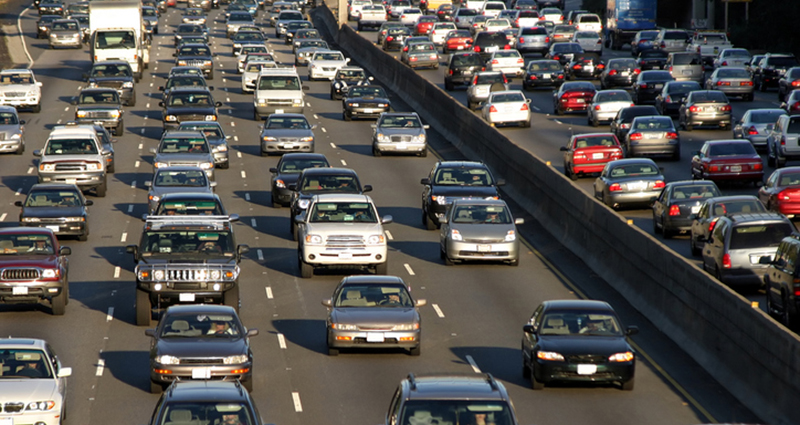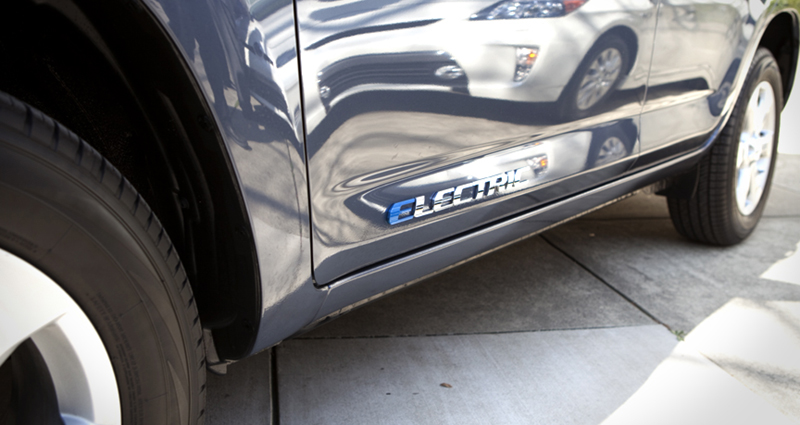Transportation
The coordination and harmonization of land use and transportation is a foundation of sustainable development and smart investment. Synchronized policies and planning efforts supporting a balance of uses - including housing, educational, office, recreational, and retail in proximity to one another reduce impacts and improve outcomes for the environment, health, livability, public and private cost, and access to destinations.
Shifting mode choice towards transit and active transportation, and shortening automobile trips and increasing carpooling, are critical components to building efficient, equitable, and sustainable cities, and is also essential to accommodating our State’s changing demographic composition. Combined with transit oriented development and more transportation-efficient land use, transit can provide more equitable and environmentally friendly access to employment centers, retail, and services, while reducing the environmental impacts. Meanwhile, active transportation - walking and cycling - have direct and substantial environmental and health benefits.
OPR works with agencies and jurisdictions at state, regional, and local levels to support development of smarter land use and better transportation options through its guidance and advisories on applicable planning law.
Resources
- ZEV Action Plan
- California Department of Transportation (Caltrans) Transportation Planning Division
- Caltrans Smart Mobility Framework
- 2010 California Regional Transportation Plan Guidelines
- California Energy Commission’s Alternative and Renewable Fuel & Vehicle Technology Program
- Transportation Demand Management Encyclopedia
- General Plan Guidelines
- SB 743



